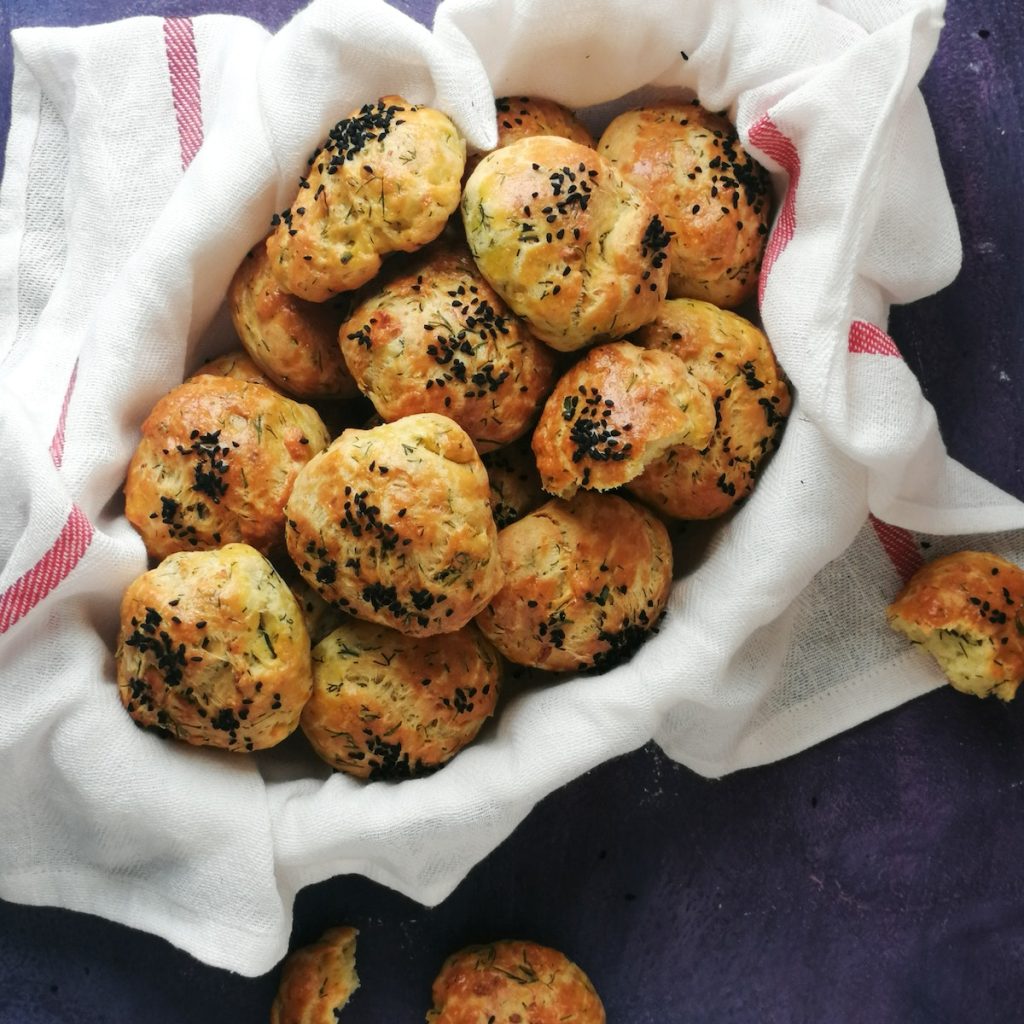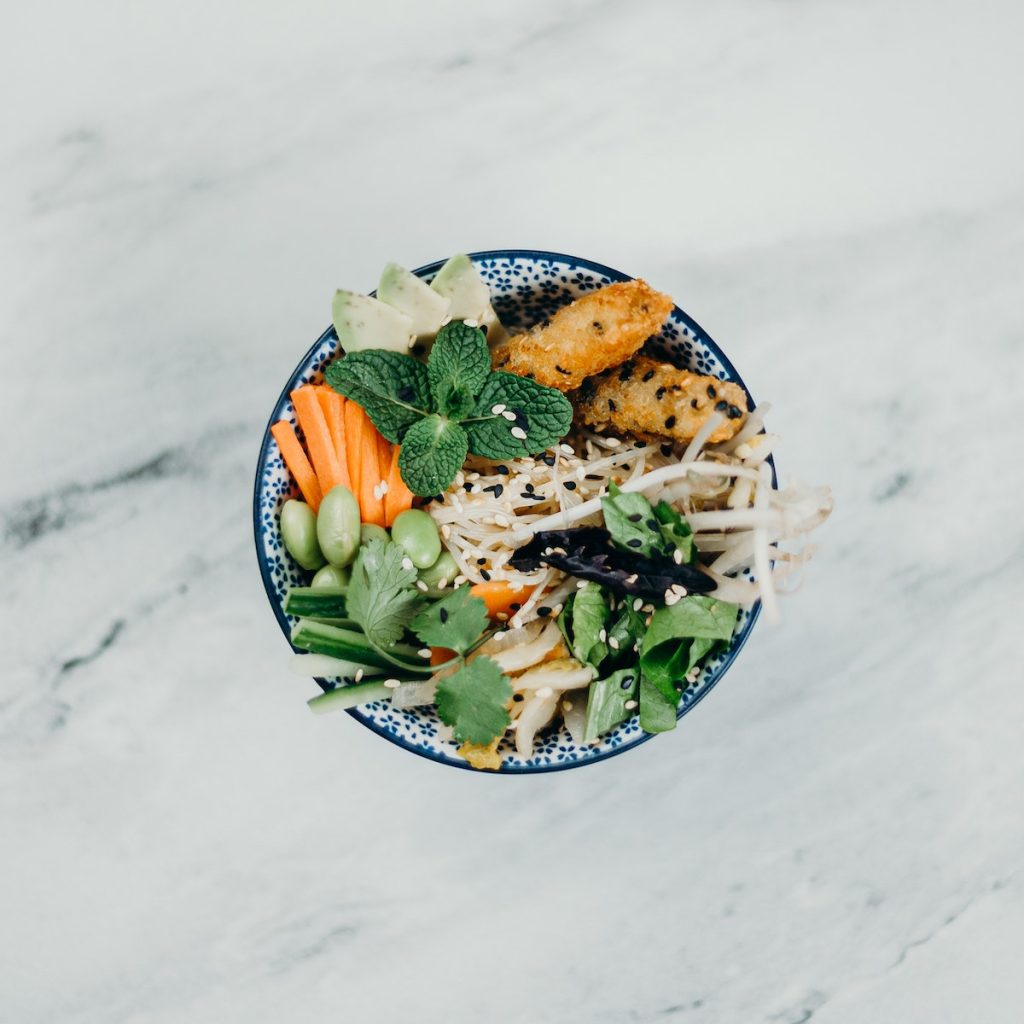Are you curious about the spiciness of black sesame seeds? Find out in this article as we delve into the flavor profile of these tiny, nutrient-packed seeds.
Discover how to incorporate them into your recipes and learn tips for buying and storing them.
Get ready to explore the innovative ways to enjoy the unique taste of black sesame seeds.
The Flavor Profile of Black Sesame Seeds

You’ll be surprised by the rich and nutty flavor of black sesame seeds. These tiny, dark seeds pack a punch when it comes to taste. They offer a unique flavor profile unlike any other seed out there.
You’ll be greeted with a burst of earthiness and a hint of sweetness when you bite into a black sesame seed. It’s a combination that’s both savory and satisfying. The nutty undertones add depth to any dish, enhancing the overall taste experience.
Whether you sprinkle them on top of a salad, mix them into a smoothie, or use them as a crust for chicken, black sesame seeds will elevate your culinary creations to a whole new level of innovation.
Exploring the Heat Factor: Myth or Reality?
It’s important to dispel a common misconception when it comes to the heat factor of black sesame seeds. Contrary to popular belief, black sesame seeds are not spicy at all. Some might assume these tiny seeds bring heat to their dishes, but that is undoubtedly a myth.
These seeds are mild and add only a subtle flavor to your recipes. Their primary taste profile is rich and nutty, with no spicy kick whatsoever. They offer a unique flavor experience, but it’s important to emphasize that this flavor does not include any level of spiciness.
So, if you’ve been hesitant to try black sesame seeds due to concerns about their spiciness, worry not. You can incorporate them into your culinary creations without any fear of overwhelming heat, allowing their delightful nutty undertones to enhance your dishes gently and pleasingly.
Understanding the Nutritional Value of Black Sesame Seeds
You might be surprised to learn that black sesame seeds aren’t only flavorful but also packed with nutritional value. These tiny seeds are filled with nutrients that can elevate your health and well-being.
These seeds are rich in essential minerals such as calcium, iron, magnesium, and zinc, which are vital for maintaining strong bones and a healthy immune system. They’re also a great source of antioxidants, which help protect your body against cellular damage that is caused by free radicals.
Additionally, black sesame seeds are high in healthy fats, including omega-3 fatty acids, which benefit heart health and brain function. Incorporating these seeds into your diet can give you a unique and innovative way to boost your overall nutrition and improve your overall well-being.
Cooking Ideas: Incorporating Black Sesame Seeds Into Your Recipes

If you want to add a unique and flavorful twist to your recipes, consider incorporating black sesame seeds. These tiny seeds add a crunch to your dishes and impart a nutty and slightly sweet flavor.
One innovative way to use these seeds is by incorporating them into your baked goods. Sprinkle them on top of breads, muffins, or cookies to add a delightful texture and taste.
You can also use them as a crust for meats or fish, giving your dishes an unexpected twist.
Another idea is to incorporate black sesame seeds into your salad dressings or marinades, adding depth and complexity to your meals.
Tips for Buying and Storing Black Sesame Seeds
When purchasing black sesame seeds, be sure to look for fresh ones with a rich, dark color. Avoid seeds that appear dull or have a faded color, as they may be older and have lost some flavor. The freshness of the seeds is crucial, as it ensures that you get the best flavor and aroma when using them in your recipes. Look for packaging indicating the date of production or expiration to ensure you’re buying the freshest seeds available.
To store your black sesame seeds, transfer them to an airtight container and keep them in a cool, dry place away from direct sunlight. Doing this will help maintain their freshness and prevent them from becoming rancid.








Konnichiwa! (Hello!) I'm Pat Tokuyama, a Japanese tofu cookbook author, who travels for music, food, and adventure. If you like Japanese tea, checkout some of the newestorganic japanese tea, matcha bowls and noren and more!
** Curious about the Plant Based Japanese Cooking Club? ** Learn more here!